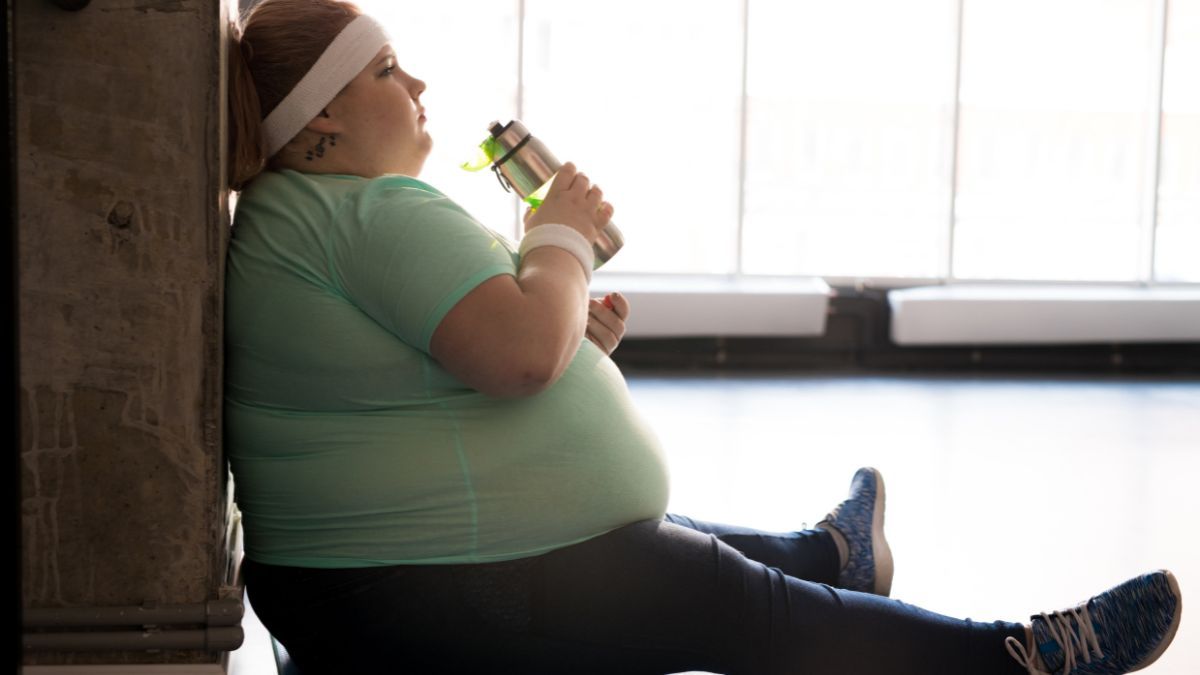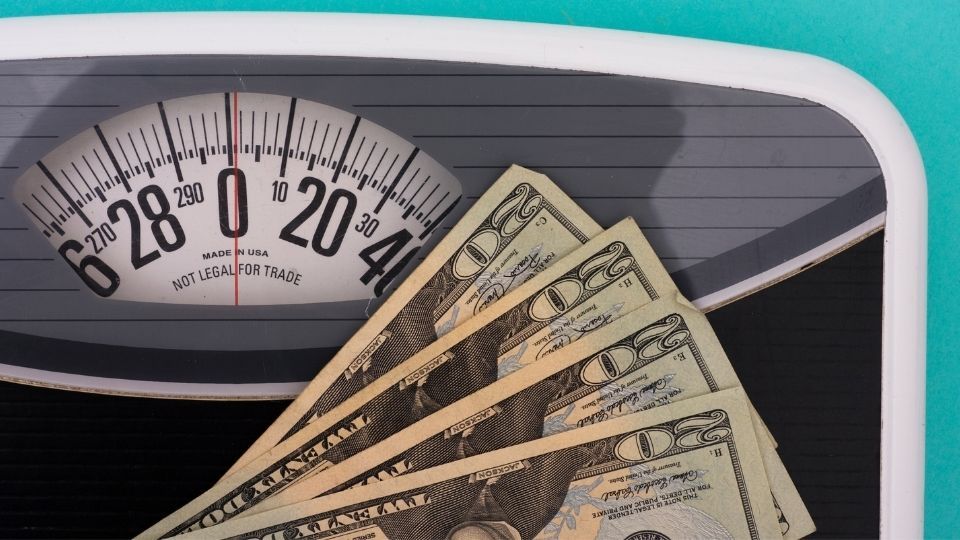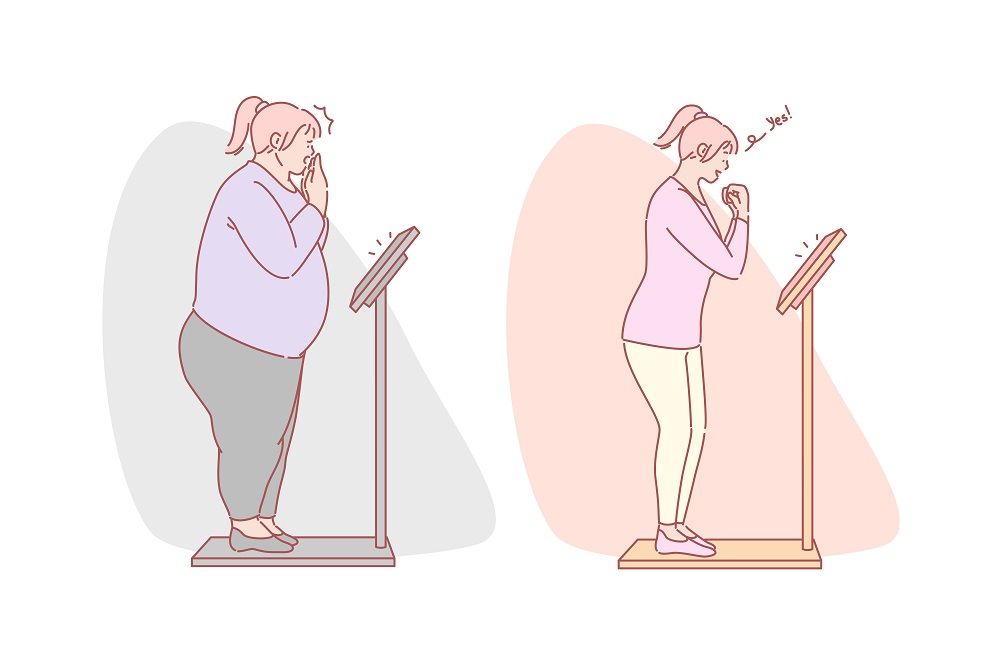Is Obesity Truly Conquered? Unraveling the Truth Behind the Rise of “Wonder Drugs” for Weight Loss
Obesity, a leading cause of preventable death in the United States, continues to surge globally, affecting two out of three Americans and compromising their quality of life. While traditional approaches like diet and exercise have been commonly prescribed for obesity, they often fail to yield sustainable long-term results. For decades, bariatric surgery stood as the only reliable medical intervention for significant weight reduction in chronically obese patients – until now.
Enter GLP-1 receptor agonists, a novel class of medications that has taken the market by storm with their remarkable outcomes. Originally designed to regulate blood sugar in diabetics, these medications exhibit profound hunger-suppressing properties that result in substantial weight loss. But are they the miraculous “holy grail” they’re claimed to be?
The Mechanism Behind GLP-1 Agonists
GLP-1, also known as glucagon-like peptide 1, is a gut hormone that stimulates insulin production, lowering blood sugar levels. GLP-1 receptor agonists imitate the effects of this hormone, controlling blood sugar in diabetes patients. Beyond glucose regulation, GLP-1 also signals feelings of fullness to the brain and slows food movement through the digestive system.
Available under various trademarks such as Trulicity, Ozempic, and Wegovy, these medications have garnered attention for their potential in obesity management.
The Promise for Obese Patients
By curbing hunger signals, GLP-1 agonists reduce the desire to consume food, leading to lower calorie intake and energy deficit, ultimately resulting in weight loss. These medications have already demonstrated tremendous success in treating Type 2 diabetes, showing weight reductions ranging from 5% to 20%, depending on the specific drug and duration of use.
The Catch: Challenges with GLP-1 Agonists
Despite their promising results, these “miracle drugs” are not without drawbacks. Side effects, such as nausea, vomiting, bloating, diarrhea, constipation, abdominal pain, and acid reflux, can be hard to tolerate and might discourage continued use. Moreover, once patients discontinue these medications, about two-thirds of them regain the weight they had before starting the treatment. This indicates that obesity requires ongoing management, and GLP-1 agonists are not a panacea for the obesity epidemic.
Read more: Navigating GLP-1 Diabetes and Weight Loss Drug Side EffectsThe Financial Hurdle
Another significant concern is the cost. These medications can be expensive, exceeding $10,000 annually, which may pose a financial burden for many individuals. Additionally, Medicare often covers these drugs solely for diabetes treatment, leaving those seeking weight loss benefits to foot the bill.
A Silver Lining: Combining Medication with Lifestyle Changes
Despite their limitations, GLP-1 agonists can deliver more favorable long-term results when combined with lifestyle modifications, including adopting a healthier diet and engaging in regular exercise.
Bariatric Surgery as an Alternative Solution
For those struggling with chronic obesity, bariatric procedures such as gastric bypass, gastric sleeve, and duodenal switch have consistently shown excellent long-term weight loss outcomes. These surgeries, covered by insurance, are considered safe when performed by certified surgeons in reputable hospitals.
It’s worth noting that insurance typically covers bariatric surgery for morbidly obese individuals (BMI 40+) or severely obese patients (BMI 35+) with obesity-related health conditions. For individuals who do not meet these criteria, GLP-1 agonists, combined with improved nutrition and exercise, offer a viable approach to weight reduction.
As the battle against obesity wages on, medical advancements continue to offer new hope, but a multifaceted approach to weight management remains essential for achieving lasting results. Our expert bariatrics surgeon in Maryland is here to guide you on your journey to a healthier, happier life. Contact us today to learn more about personalized solutions for sustainable weight loss.









